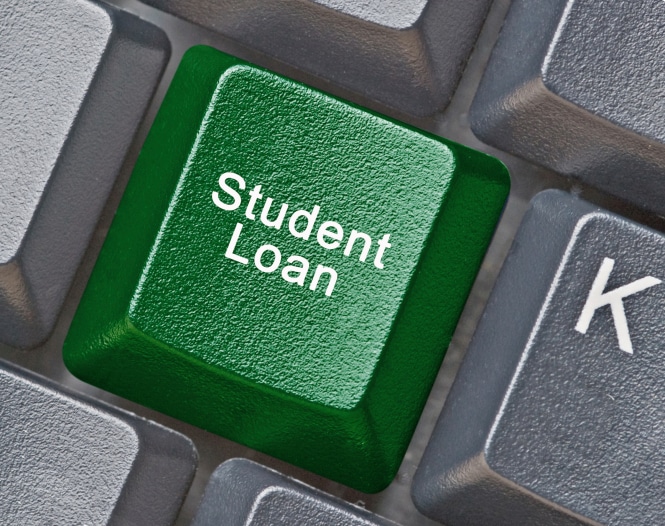
The following consequences are a possible result of defaulting on your FSA loans. Note that this list is not all-inclusive:
- Your default will be reported to all credit bureaus, and the default will show on your credit report. This is a major impediment to taking out future loans, mortgages, and so on.
- Legal action can be taken against you. In addition to the embarrassment of getting sued, you may also be responsible for all attorney and court fees.
- Collection agencies will attempt to collect your debt.
- If you refuse to pay, your wages can be garnished. This means that money is taken out of your paycheck before it is given to you. The money that is taken goes directly to the loan balance.
- Your tax returns (both federal and state) can be withheld and put toward the loan balance.
- You will not be eligible for any other type of financial aid.
- It is possible that you could be denied a renewal on a professional license to practice, if applicable.
There are no positive outcomes for defaulting on FSA loans. There are, however, a multitude of very serious consequences you could suffer. The government takes default seriously because you have a very important responsibility to pay back student loans that are funded by hardworking taxpayers. If you need help to avoid default, please reach out to your loan servicer. They will do everything they can to help you overcome your financial troubles.
By Ryan Laspina
Senior Specialist, Red Flags and External Reviews

Comments are closed.